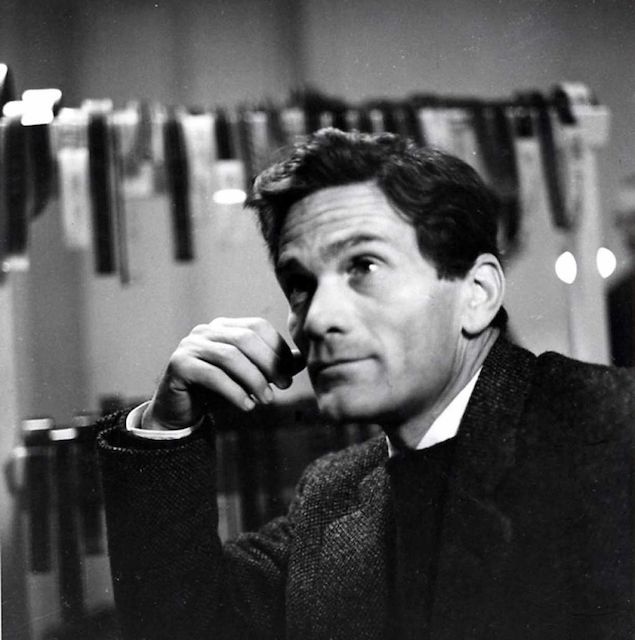Featured in

- Published 20241105
- ISBN: 978-1-923213-01-2
- Extent: 196 pp
- Paperback, ebook, PDF

Already a subscriber? Sign in here
If you are an educator or student wishing to access content for study purposes please contact us at griffithreview@griffith.edu.au
Share article
About the author

Alyson Miller
Alyson Miller is a prose poet and scholar who teaches literature and writing at Deakin University.
More from this edition

Pyjama Man
Poetry Though he lives in a rundown unit above a busy intersection, the pyjama man imagines that the sounds of the traffic are the waves of the ocean. It is...

The power of a curse
Non-fiction IT WAS JANUARY 1995 when my father showed me how to lay a Gypsy curse. I had just published my first novel, Crazy Paving, and...

Gay saints
Non-fictionWhat is it that makes cinema, for Pasolini, sacrosanct? The answer lies in his affinity for a painter who made only one fresco. Not only was Caravaggio’s reputation restored by Pasolini’s teacher and mentor, Roberto Longhi, but Caravaggio and Pasolini have the same taste in men. Swarthy, young and savage – as likely to sit for a portrait or engage in a bit of sloppy top as to stick a knife in your ribs. You wouldn’t want to run into his John the Baptist in a dark alley (unless maybe you would). It is not just the revolutionary psychology of Caravaggio’s painting that speaks to Pasolini but his selection of subjects – his sacralisation of the scorned, the unclean, the seething subproletariat both created and rejected by an indifferent urban landscape; Caravaggio’s ‘new kinds of people’.